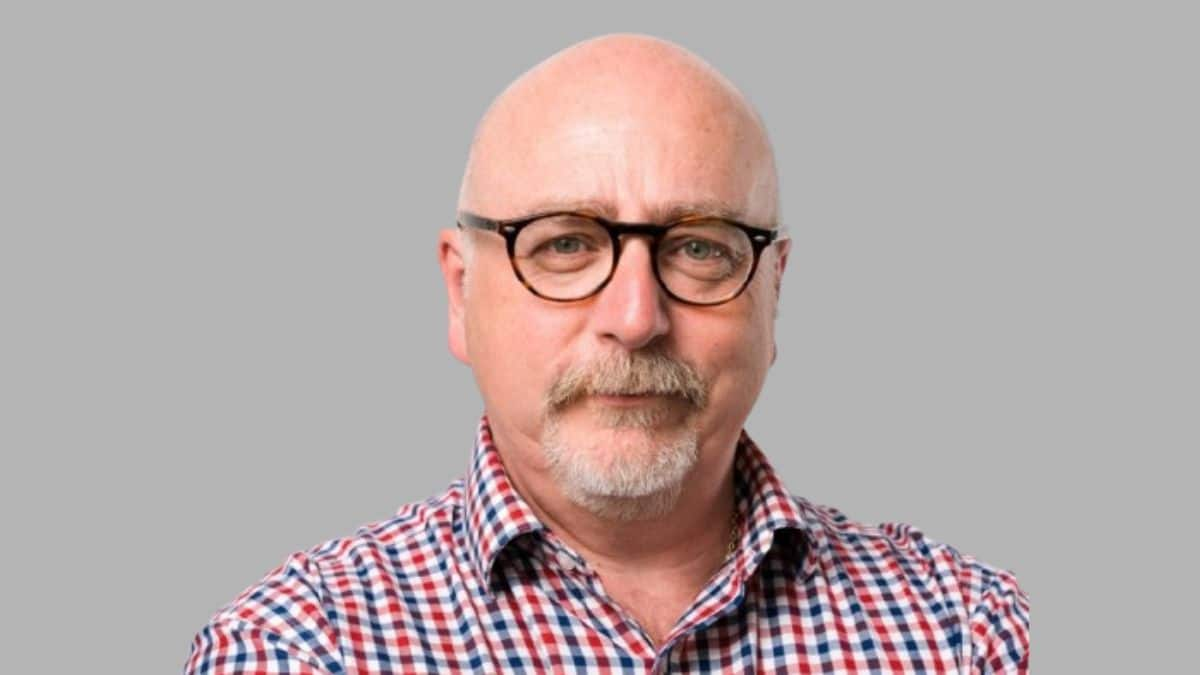Nursing ‘especially popular’ with Indian students at University of East Anglia’s School of Health Sciences
Pritha Roy Choudhury | September 22, 2025 | 06:35 PM IST | 4 mins read
UEA’s Health Sciences School is set to launch MSc in Global Public Health in September

The University of East Anglia’s School of Health Sciences is set to launch a MSc in Global Public Health in September 2025. The school has 18 Indians in its undergraduate programme. Dean Christopher Burton speaks to Careers360 about the university’s healthcare programmes, the rising interest among Indian students, and the new MSc degree.
What health programmes does UEA offer?
Our school has strong experience in research, policy, and practice, and we aim to use this to make a difference globally. We want to make learning accessible to students from all over the world.
Many students come to the UK, including our university, from different countries. We design programmes that help them build skills they can use, whether they stay in the UK or return home. Improving health and well-being is a global effort, so we value working with students worldwide.
While we traditionally train healthcare professionals like nurses and physiotherapists, we also focus on public health more broadly. Countries, including India, need leaders not just in healthcare, but also in policy, research, and service management. That’s why we created our MSc in Global Public Health to prepare the next generation of global health leaders.
Also read Allied health sciences have millions of jobs but 'go unnoticed' in craze for MBBS
What paramedical programmes do you offer?
We have nursing programmes, we train physiotherapists, paramedics, occupational therapists, dietitians, speech and language therapists, and midwives.
Some roles differ by country, for example, UK paramedics focus on emergency care in the community, physiotherapists on rehabilitation, and occupational therapists on helping people return to daily life. Dietitians support nutrition, and speech therapists assist with communication or swallowing.
Our Health Sciences School works closely with the School of Medicine, sharing classes so students learn to collaborate as real healthcare teams do. Nursing is especially popular among Indian students, and we are proud to support their global careers.
What is life like for a student at your university?
Studying in the UK can be challenging. Nursing and paramedic students must excel academically, complete local placements, learn a new healthcare system, and build community connections. That’s why the university provides strong academic and personal support.
With this guidance, students thrive. Some stay to work in the UK, while others return to India, contributing to healthcare. Either way, they become part of a diverse, international community that enriches everyone.
How many Indian students are there in the undergraduate programme?
We have 18 students at the undergraduate level. We do have Indian students at both undergraduate and postgraduate levels. At the undergraduate level, they are mainly enrolled in healthcare professional courses, such as nursing, midwifery, physiotherapy, and occupational therapy.
I understand you are getting a lot of applications for your postgraduate programme.
Yes, we’ve had about 700 applications for our Master’s in Global Public Health. We expect around 90 students to begin in the coming weeks, which is more than we initially anticipated. We would have been happy with 50 or 60. The high level of interest is really encouraging.
This programme is designed to give students a strong foundation in core areas such as research, epidemiology, and evidence-based practice. But what makes it different is its interprofessional and interdisciplinary focus. Public health challenges today, whether poverty, sustainability, or climate change, require a much broader understanding. Our course helps students look at these issues from multiple perspectives and equips them to work across disciplines. We believe that’s why it has attracted so much attention globally.
Is this a one-year programme?
Yes, it is a one-year full-time master’s programme. At present, students complete a set of modules along with an extended project. Looking ahead, we are developing the course further and plan to offer a doctorate in global public health.
The doctorate will give students the option of carrying out their research either in the UK or in their home country. Our aim is to build a programme that not only strengthens health and wellbeing in the UK but also makes a difference globally.
What are the eligibility criteria for the postgraduate programme?
We ask for a degree in a health-related subject that could be health sciences, nursing, medicine, or a similar field. Relevant work experience in areas like healthcare practice, policy, management, or research also strengthens an application, since public health is such a broad area.
One of the core modules focuses on epidemiology, which is quite quantitative, so having a background in science helps students get a head start.
For English proficiency, we use IELTS. The minimum requirement is 6.0 in writing and speaking, and 5.5 in reading and listening.
How is UEA’s public health programme different from what other universities offer?
Our programme combines the traditional core modules in public health, like epidemiology and research methods, with an extended project that runs throughout the degree.
This project helps students build strong employability skills while applying their learning in real-world contexts. Another unique feature is our interdisciplinary approach. Students can choose modules not only from public health but also from UEA’s world-class research institutes in sustainability and development. So while everyone studies the essential core of public health, students can tailor their options to their career goals in global health.
Follow us for the latest education news on colleges and universities, admission, courses, exams, research, education policies, study abroad and more..
To get in touch, write to us at news@careers360.com.